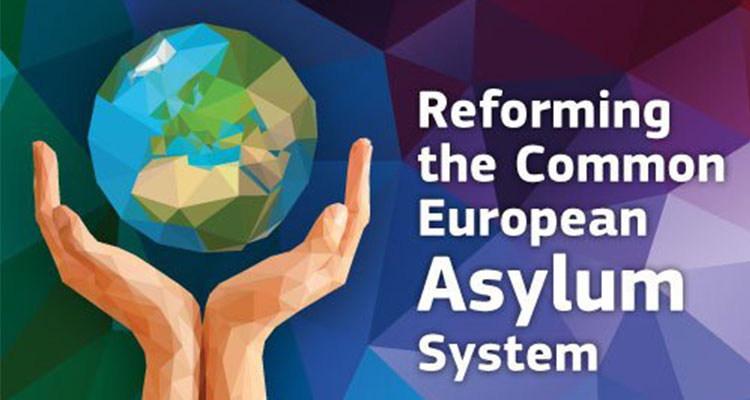Today, the Commission is presenting proposals to complete the reform of the Common European Asylum System, in order to move towards a fully efficient, fair and humane asylum policy – one which can function effectively both in times of normal and in times of high migratory pressure. The proposals include the creation of a common procedure for international protection, uniform standards for protection and rights granted to beneficiaries of international protection and the further harmonisation of reception conditions in the EU.
First Vice-President Frans Timmermans said: “The EU needs an asylum system which is both effective and protective, based on common rules, solidarity and a fair sharing of responsibilities. The proposed reforms will make sure that persons in genuine need of international protection get it quickly, but also that those who do not have the right to receive protection in the EU can be returned swiftly. With today’s proposals, all the elements for the reform of the Common European Asylum Policy are on the table of the European Parliament and the Council.”
The Commission is also today proposing an EU Resettlement Framework to establish a common European policy on resettlement to ensure orderly and safe pathways to Europe for persons in need of international protection. Today’s proposal will provide for a permanent framework with a unified procedure for resettlement across the EU. While the Member States will remain the ones deciding on how many people will be resettled each year, collectively the EU will achieve a greater impact by coordinating national efforts and acting as a whole.
Commissioner for Migration, Home Affairs and Citizenship, Dimitris Avramopoulos said: “Today’s proposal is a major step in our efforts to offer legal avenues to allow persons in need to enter the EU safely and receive protection. It is an integral part of the larger objective of ensuring that protection is offered to those who need it, reducing the incentives for irregular migration and protecting migrants from exploitation by smuggling networks and dangerous journeys to reach Europe. By establishing a permanent framework with harmonised practices we can ensure faster procedures, allowing us to gradually scale up our joint resettlement commitments. This is the EU opening a genuine legal window in our efforts to close the irregular backdoor.”



